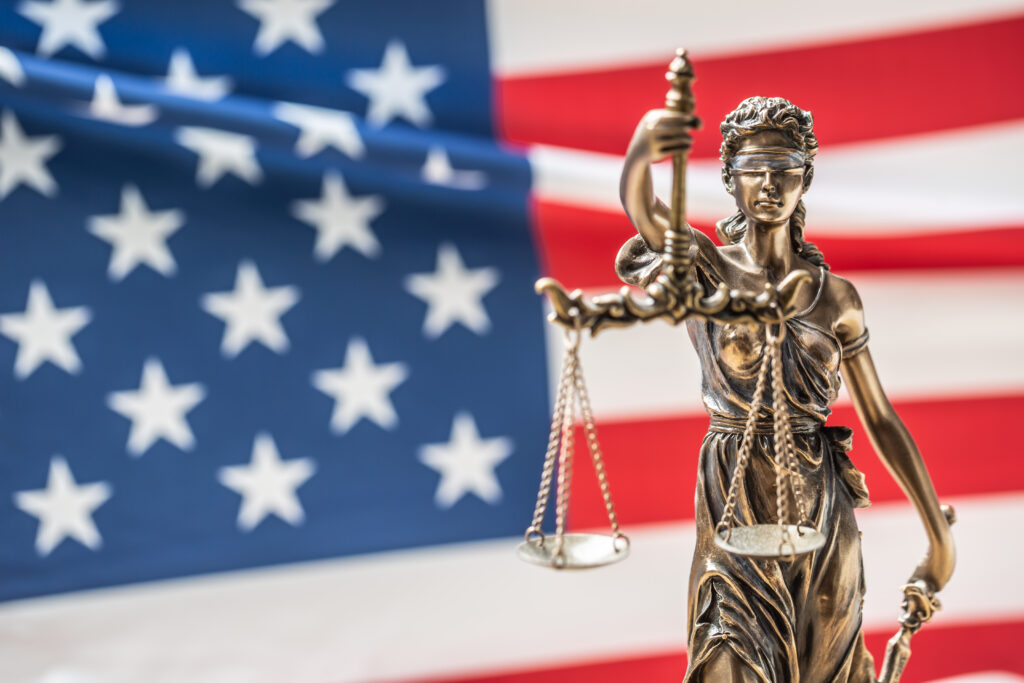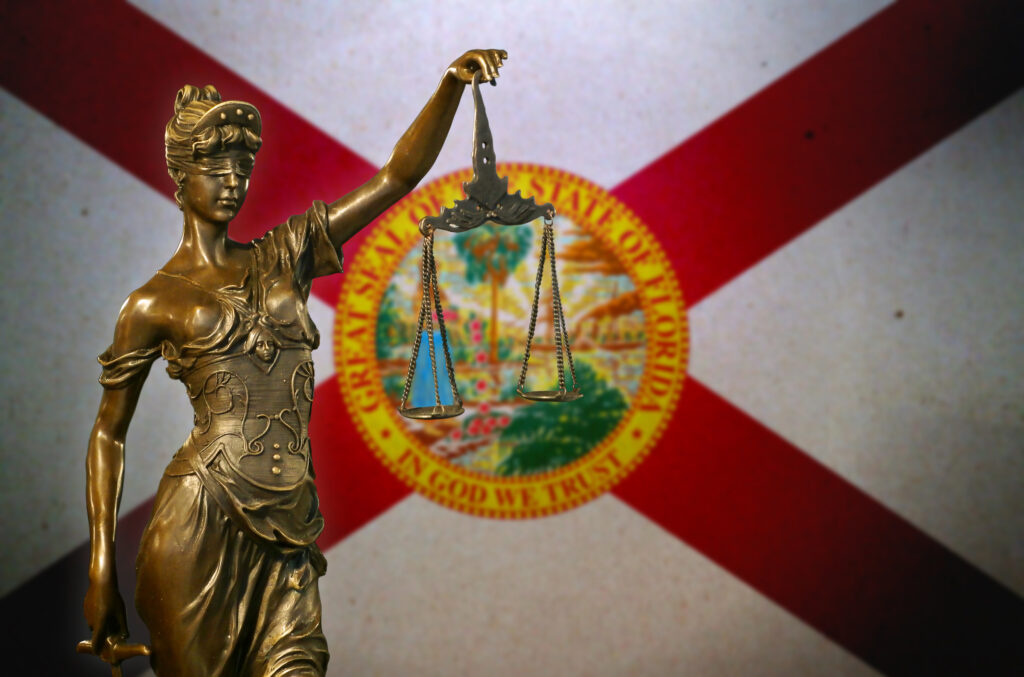Third party litigation funding (TPLF) is a multi-billion-dollar, global industry that operates primarily in secret. It allows hedge funds and other financiers to invest in a lawsuit in exchange for a large cut of any settlement or award. Often, the plaintiff, the defendant, and even the judge in a lawsuit don’t know if there is an outsider bankrolling the litigation.
Litigation funders now see an opportunity to increase their investments in litigation by amending state equivalents to the American Bar Association’s (ABA) Model Rule 5.4, which bans nonlawyers from owning law firms and sharing legal fees. A couple of states have already amended their versions of the Rule, and even more states are considering changes. The trend is so troublesome that the ABA passed a resolution affirming support for Rule 5.4 at its annual meeting in August of 2022. But making drastic changes that allow outsiders to influence and control litigation harms consumers by making their lawyers accountable to litigation funders, not clients.
Arizona and Utah are often held up as models since they were the first two states to make changes to their Rule 5.4. Arizona eliminated its version of the Rule with an amended program called Alternative Business Structures (ABSs). Utah created a pilot program that allows applicants to the program to propose legal services in their area of law using Utah’s approved model. These actions resulted in the loosening of Rule 5.4 prohibitions on fee-splitting and nonlawyer ownership of law firms, opening the door to allow funders to obtain an ownership interest in these firms—likely giving funders more control over the litigation they fund.
According to a prominent litigation funder, Burford Capital’s managing director, Arizona’s model allows funders to “work across all parts of a law operation” and empower funders to have more of a say in how law firms spend their money and which cases they take in addition to having some level of control over settlement decisions.
The State Bar of California considered weakening its Rule 5.4, which could have opened the floodgates for outside funders to invest in even more lawsuits. ILR submitted comments urging the state bar to reconsider. And because of public reporting and litigation over how disbarred trial lawyer Tom Girardi allegedly used litigation funding to steal from his clients, California Governor Gavin Newsom recently signed a bill requiring legislative approval for regulatory sandbox spending and creating a two-year ban on exploring changes to Rule 5.4.
According to a news post from the ABA Journal about a lawsuit filed by the bankruptcy trustee for the Girardi firm, “Girardi’s fee-sharing arrangement violated lawyer ethics rules and California state law, the lawsuit claims. The defendants knew or should have known that their 50% payments were actually taken from Girardi Keese clients, according to the suit.”
Other states considering modifications to their Rule 5.4 equivalents include Illinois, Michigan, and North Carolina.
While there has been pushback to Rule 5.4, other states have rejected calls to amend the Rule, including the Florida Supreme Court and the New York Bar Association.
In March of 2022, the Florida Supreme Court rejected proposals to test nonlawyer state ownership in law firms and fee-splitting with nonlawyers. Its Special Committee to Improve the Delivery of Legal Services initially sought to model a regulatory sandbox pilot program similar to Utah’s. However, the Florida Bar’s Board of Governors unanimously opposed the Committee’s proposals to allow nonlawyer ownership in firms and for lawyers to split fees with nonlawyers.
According to a memo from the Florida Supreme Court to the Florida State Bar, the state bar has until December 30, 2022, to file a petition or report to provide “alternative proposals to ‘improve the delivery of legal services to Florida’s consumers and … assure Florida lawyers play a proper and prominent role in the provision of these services.’”
On December 10, 2021, the New York Bar Association issued an ethics opinion, confirming that both prohibitions on a New York lawyer sharing their fees with a nonlawyer and a nonlawyer having an ownership interest in a New York law firm remain untouched.
These legal and ethical considerations for state bar associations to stand up for civil justice by reconsidering eliminating or limiting ABA’s Model Rule 5.4 will protect consumers and put the client first. If state bar associations elect to eliminate or reduce the restrictions of Model Rule 5.4, it will only be a matter of time before states see TPLF funding expand solely from cases to entire law firms—there go the fiduciary duties of an attorney-client agreement in an industry that already operates in secret.
State bar associations must also keep in mind that by creating opportunities for litigation funders to not have to disclose their funding in litigation, this will increase the possibility of further conflicts of interest and a lack of control by consumers over their own litigation and cases—essentially giving this lucrative and unethical industry further control while the consumer loses control.



